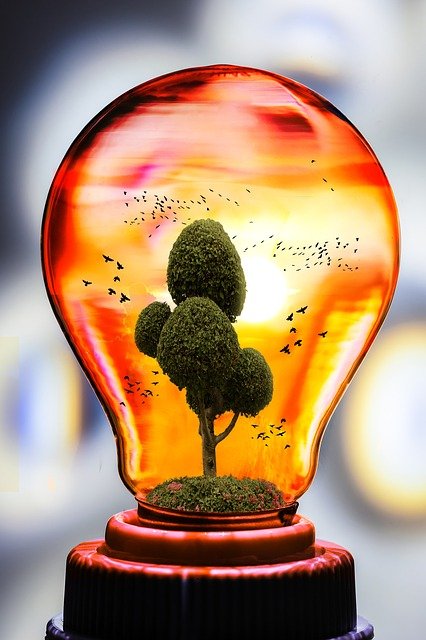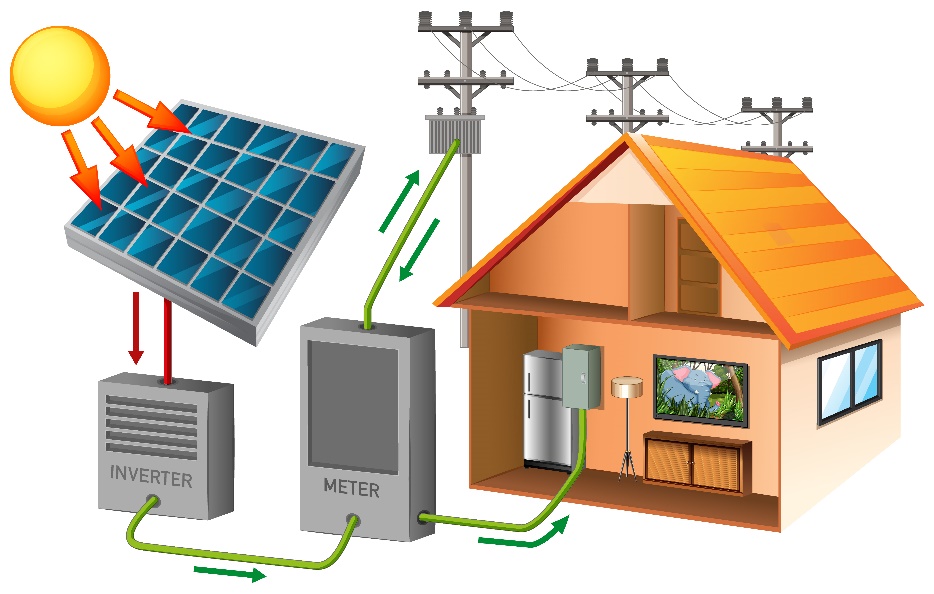By Solar Swipe

The Sun is an ever-existent powerhouse and can meet the world’s power needs for the next 500,000 years! Solar power is environmentally sustainable and very effective for small and big residences.
As a homeowner who is trying to decide between traditional electricity and solar power, you will have a lot of questions to ask your solar company. Starting from how practical solar power is to how expensive the recurring costs would be, here are 10 questions homeowners should ask a solar company before investing in their products.
1. How to decide the size of the system?
This is one basic question all homeowners need to ask. Solar panels and related systems and batteries come in so many sizes. Logically, the bigger the system, the more power it can generate. A professional solar company usually collects the last several months of electricity/utility statements from the owner and analyzes the average power requirement for the family over the year. They decide on the size of the system based on this.
2. How long will my Solar PV System last?
Installing a Solar PV System is a considerable investment and it is only natural for you to want to know the lifespan of the system. Any system you invest in is going to stay put for at least 20-25 years. These systems don’t have any moving or rotating parts and hence it is very rare to expect mechanical damage.
3. How will I get power on an overcast day or during nights?
If your electricity needs are going to be majorly met by the solar system, this is a very important question you should be asking.
While a solar panel works with maximum efficiency with direct sunlight, on overcast or cloudy days, the system is not going to shut down. It will work but with lesser efficiency. In a country like India, 300 out of 365 days see bright sunlight and hence this should not be a very huge concern to homeowners.

During nights, there are two ways you get power.
- An off-grid or stand-alone Solar PV System has a battery backup. The batteries are charged during the day and are used at night for power.
- An on-grid system connects to the main grid that stores power. The common main grid power can be used at night.
4. Should I opt for net metering?
Net metering is a very smart way to sell the unused/surplus energy produced by your solar PV System and get concessions for the same. This plan was introduced in India recently for those with on-grid solar systems. You can get paid for excess power your system feeds to the main grid and also use power from the grid for your extra needs. People opting for this need not invest in batteries.
5. What is the payback period for solar systems?
The major investment for solar panels is the initial buying and installation cost. After that, there is a negligible maintenance cost and no fuel cost. Considering you install a 5 KW Solar PV System that works with 75% efficiency, you can get your return on investment by 4-5 years. Given the lifespan of such systems are 20-25 years, you can enjoy free electricity for at least 15-20 years.
6. How important is the output warranty? What should I look for in it?
Output warranty is a very important feature of a solar system. It determines the average power output you can expect from the system for a specific period. Most good solar companies promise a 90% output warranty for the first 10 years. Look for brands that offer consistently higher output warranty for a longer period.
7. How do I maintain my solar system?
There is not much needed in terms of maintenance. Here are a few things that will improve the lifespan of your system.
- Place the panels in places that get maximum sunlight
- If the panels accumulate too much dust or debris, you can wipe or brush them away
- The solar panels can be cleaned once in a while using plain soap water and a non-abrasive sponge. Wash them like how you will wash your car.
8. Which one do I choose – roof-mounted or ground-mounted systems?
Ground-mounted systems are easier to reach and clean and can be tilted to improve power production. These systems are more expensive though. They also take up a considerable portion of your ground space. Roof installed systems are cheaper and are easier to install. These have lesser power output than ground-mounted systems. The ground space you have, the power requirement, and the budget all play a role in deciding which model you need.
9. Can I install the panels in a partially shaded area?
Even a small area of the panel that falls in a shaded area can have a drastic impact on the power output. It is hence recommended that you choose a spot that is completely under the sunThe full impact of sunlight works better for the optimized working of the solar panels.
10. Can I install the solar system on my own?
It is recommended you hire a professional to do the task. This will ensure the system is placed at the right location and is safely installed to work with maximum efficiency.
Did you know that every 1 kW of solar power helps the environment save 77 kg of coal from being burnt? Switch to solar energy and future generations will thank you for it.
Conclusion
There are several benefits to opting for installing a solar power system at homes. Some of the outright benefits are cost savings, secure form of investment, increase access to energy, support from the government, reduce carbon footprints, green source of energy, low-maintenance costs, is suitable for Indian climate, multiple applications of solar power, and does not require additional space for installing the panels.
For further information with regards to installation costs, benefits and other details, please contact solar swipe systems.
